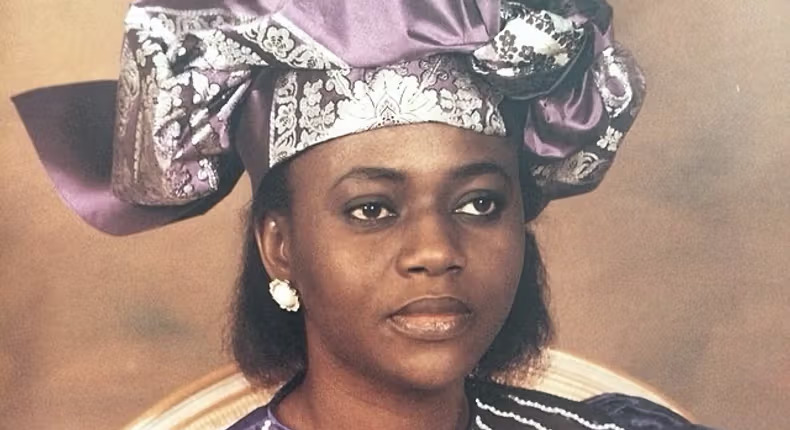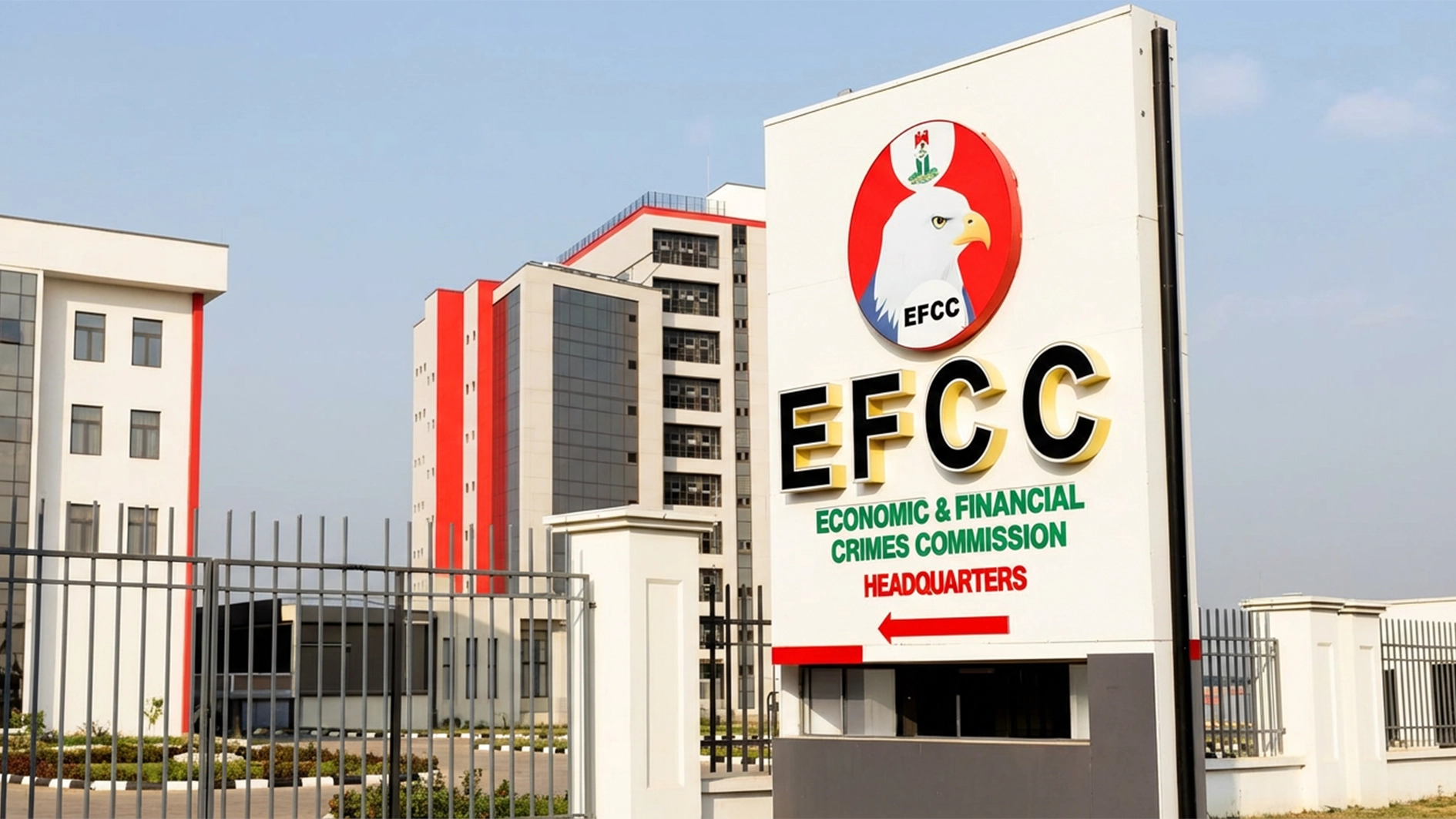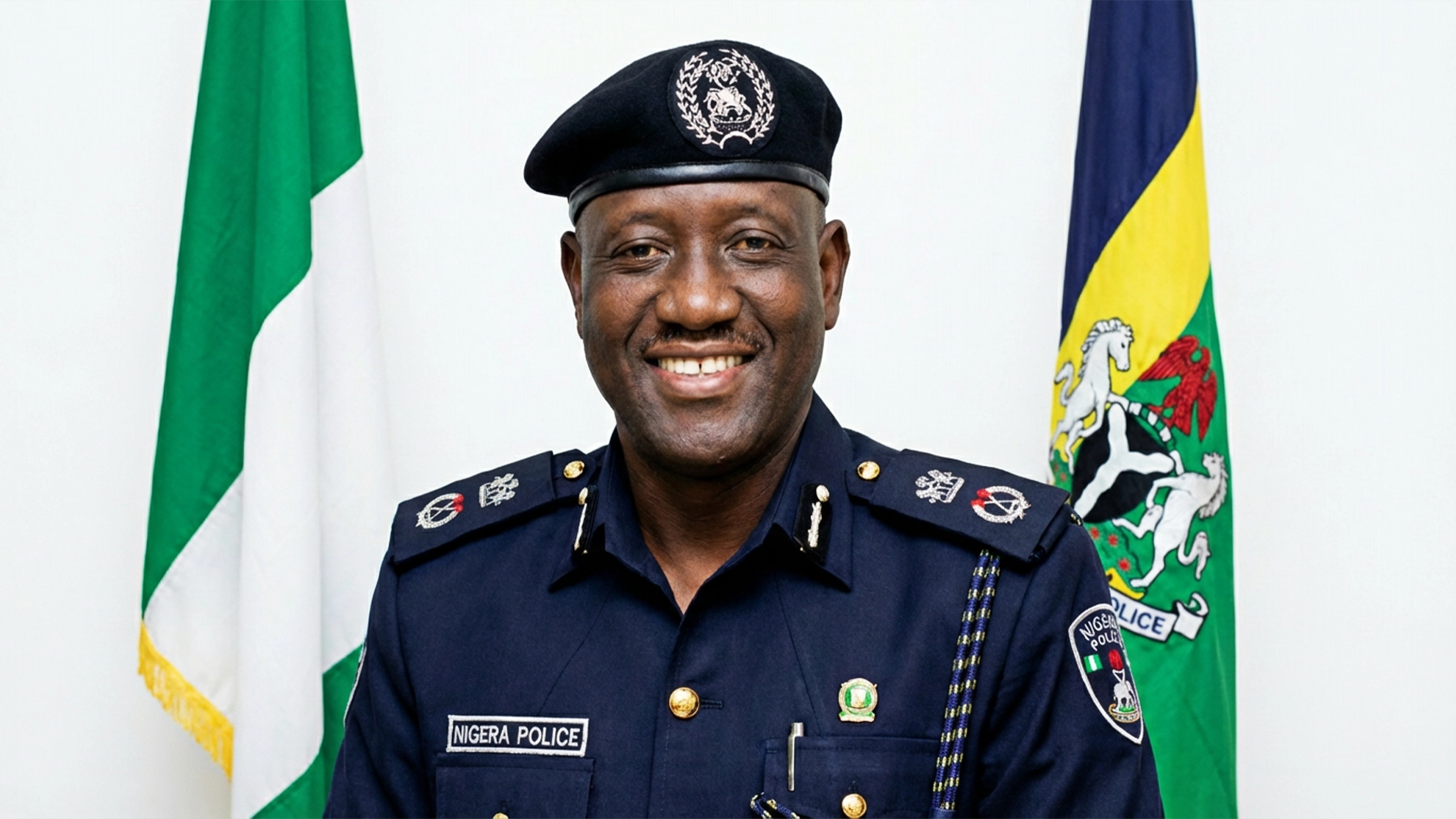
Ex-Military President, General Ibrahim Badamosi Babangida, has poured encomiums on his late wife, Maryam Babangida, describing her as the pillar of his life.
Maryam was born in Asaba on November 1, 1948, and passed away from complications of ovarian cancer on December 27, 2009, in the United States.
She married IBB in 1969, and one of her legacies was making the Office of the First Lady a recognized part of the nation’s presidency. Her sense of fashion was also novel in the annals of Nigerian women during her tenure as First Lady.
She founded the Better Life Programme for Rural Women in 1987, which launched many cooperatives, cottage industries, farms and gardens, shops and markets, women’s centers, and social welfare programs.
In 1993, she established the Maryam Babangida National Centre for Women’s Development for research, training, and mobilizing women toward self-emancipation.
During his book launch, titled A Journey in Service, IBB said, “She is the pillar of my personal and professional journey.”
He added, “The army did not issue me a wife, but it made clear that having one would assist in career advancement. A stable family is a criterion for judging officers. After my first close encounter with death in the Civil War, I prioritised establishing a stable family life.
“My relationship with Maryam, born Maria in Asaba on November 1, 1948, was connected to my youth in Bida. Garba Duba, my friend from secondary school, and I entered Course Six at the Nigerian Military Training College (NMTC) in Kaduna on December 10, 1962.
“I first met Maria at Duba’s house. Duba’s aunt, Asabe, was Maria’s mother. We shared digs in Kaduna, and I saw more of her. Duba was like a brother to her, which allowed me to spend time with Maria.
“Young military officers often had short-lived liaisons, myself included. Despite this, I was fond of Maria, and she grew fond of me. Our relationship felt predestined. At NMTC, I became more aware of her. We remained friends through my early army years, including training abroad.
“In April 1967, I left for a four-month course in the UK, but I was recalled in July due to political turmoil. By the time I returned, the nation was at war,” he wrote.
As IBB’s career progressed, Maryam became more than just a supportive wife—she actively reshaped the role of First Lady. She led initiatives to improve the lives of military families and later, Nigerian women at large, pioneering projects that elevated her to iconic status in governance.
“Maryam wanted to be more than a housewife; she recognised the importance of the home front in our mutual success. Throughout my career, she stood beside me,” he said.
Through her Better Life for Rural Women Programme, Maryam championed women’s empowerment, education, and economic development, leaving a legacy that outlived her.
Her influence extended beyond Nigeria, inspiring other African First Ladies to take active roles in societal development.






